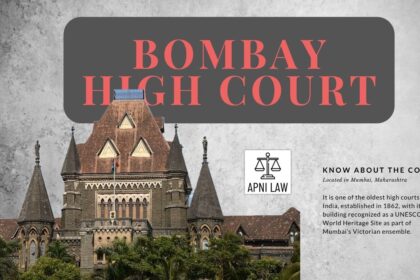With the digital economy booming, businesses increasingly rely on electronic contracts and signatures. To support this, Section 10A of the Information Technology Act (IT Act), 2000 ensures contracts formed electronically are legally valid and enforceable. This section, introduced through the 2008 amendment, boosts confidence in e-commerce and digital transactions across India.
What Does Section 10A of IT 2000 Say?
Section 10A affirms that a contract is valid even if formed through electronic means.
This includes communication of proposals, acceptance, or revocation via electronic records or digital signatures.
In simple terms, it means that contracts made electronically are just as enforceable as those made on paper, as long as they meet legal requirements.
Which Types Electronic Signatures can be used in E-Contracts?
In e-contracts, two main types of electronic signatures can be used under Indian law. The first is a general electronic signature that uses encryption to ensure the authenticity of the signer and the integrity of the data. This type of signature is recognized under Section 3A of the Information Technology Act, 2000. The second is eSign, an Aadhaar-based electronic signature that uses OTP and eKYC to verify the signer’s identity. Both types are legally valid for executing digital agreements or contracts in India.
What Are The Enforceability and Compliance Mentioned In Section 10A Of IT Act?
Section 10A of the IT Act gives legal recognition to electronic contracts, stating they can’t be denied validity just because they were formed electronically. However, enforceability also depends on compliance with other key provisions:
1. Section 5: Digital signatures must meet government-prescribed standards.
2. Section 43: Unauthorized access or data misuse can attract penalties.
3. Section 44: Failing to provide required information may lead to fines.
In short, while Section 10A validates e-contracts, other sections ensure they’re used securely and responsibly.
Illustration: How Section 10A Works
Example:
ABC Pvt. Ltd. sends a service agreement to XYZ Ltd. via email. XYZ accepts it using a valid digital signature. Later, a dispute arises where XYZ claims the contract isn’t valid since it wasn’t signed physically.
Section 10A protects ABC Pvt. Ltd. by confirming the electronic contract is legally binding. The digital acceptance has full legal backing.
What Are The Implications for Electronic Signatures And Arising Disputes In India?
Increased Adoption: Section 10A boosts trust in digital signatures, leading to rapid adoption in e-commerce and business processes.
Faster Processes: E-signatures reduce paperwork, cut costs, and streamline approval systems across industries.
Contract Formation: Whether a valid offer and acceptance happened electronically.
Signature Validity: Whether the e-signature used was secure and legally recognized.
Jurisdiction Conflicts: Deciding which state or country’s law applies to cross-border e-contracts.
Conclusion
Section 10A of the IT Act plays a pivotal role in legitimizing digital business. Indian law continues to adapt to digital realities. By recognizing electronic contracts and defining how interest applies during crisis periods, the legal framework now better supports both innovation and accountability in digital commerce.








